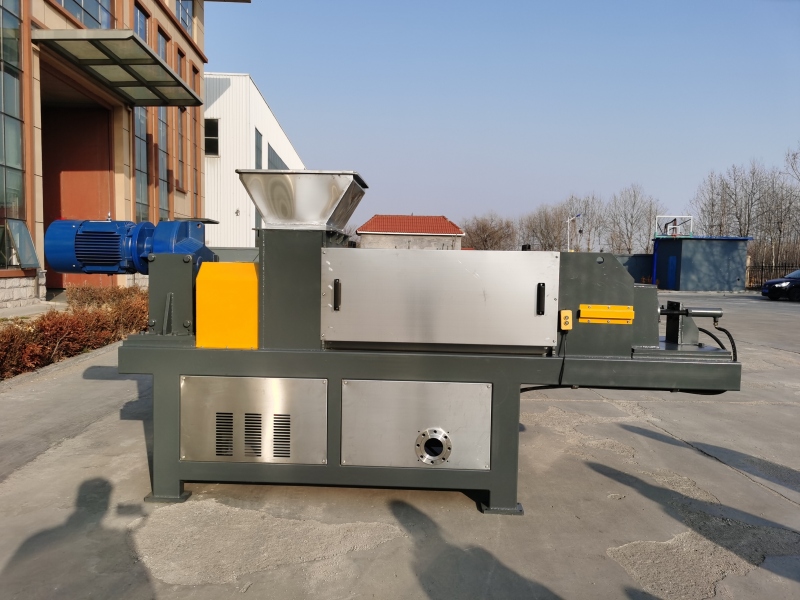
Spiral press juicers, also known as cold-press or slow juicers, have gained popularity for their ability to extract juice from various fruits and vegetables while preserving essential nutrients and flavors. Beyond their traditional use in producing fresh and healthy juices, these machines can also play a significant role in the sustainable management of food waste. This article explores the application of spiral press juicers in processing waste vegetables, highlighting their environmental benefits and potential for reducing food waste.
The Challenge of Food Waste:
Food waste is a global issue with serious environmental and economic consequences. In many parts of the world, significant amounts of fruits and vegetables are discarded due to imperfections, spoilage, or overproduction. This not only contributes to the depletion of valuable resources but also exacerbates landfill waste and greenhouse gas emissions.
Spiral Press Juicers as Waste Vegetable Processors:
Spiral press juicers can be valuable tools in addressing the challenge of food waste. Here's how they can effectively process waste vegetables:
Imperfect Produce: Spiral press juicers are capable of extracting juice from fruits and vegetables that may not meet the stringent cosmetic standards of supermarkets. These machines can handle misshapen or blemished produce, converting them into nutritious juice instead of letting them go to waste.
Reducing Spoilage: Vegetables nearing their expiration dates or those with minor signs of spoilage can still be processed in spiral press juicers. By doing so, we can salvage edible portions and extend their usability.
Overstocked or Surplus Produce: Farms and food producers often find themselves with surplus vegetables due to fluctuations in demand or production. Spiral press juicers provide a means to process excess vegetables into juice, reducing the pressure to dispose of them as waste.
Environmental Benefits:
Utilizing spiral press juicers for waste vegetable processing offers several environmental advantages:
Reduced Landfill Waste: By diverting waste vegetables from landfills, we can decrease the generation of harmful methane emissions and minimize the strain on landfill capacities.
Lower Energy Consumption: Compared to traditional processing methods, spiral press juicers operate at lower temperatures, reducing energy consumption during the juice extraction process.
Resource Preservation: Using waste vegetables to create juice conserves water, land, and other resources that would otherwise be required for new crop cultivation.
Conclusion:
Spiral press juicers offer a sustainable and eco-friendly solution for processing waste vegetables. By incorporating these machines into our food production and consumption systems, we can significantly reduce food waste, decrease environmental impacts, and promote a more circular approach to resource utilization. As we continue to address the global food waste problem, spiral press juicers stand as valuable tools in the fight against waste and its associated challenges.




If your company wants to establish a business relationship with us, please briefly describe the cooperation intention and send an email to:chuantaiscrewpress@gmail.com























































































![[list:title]](/static/upload/image/20240528/1716877114510915.jpg)